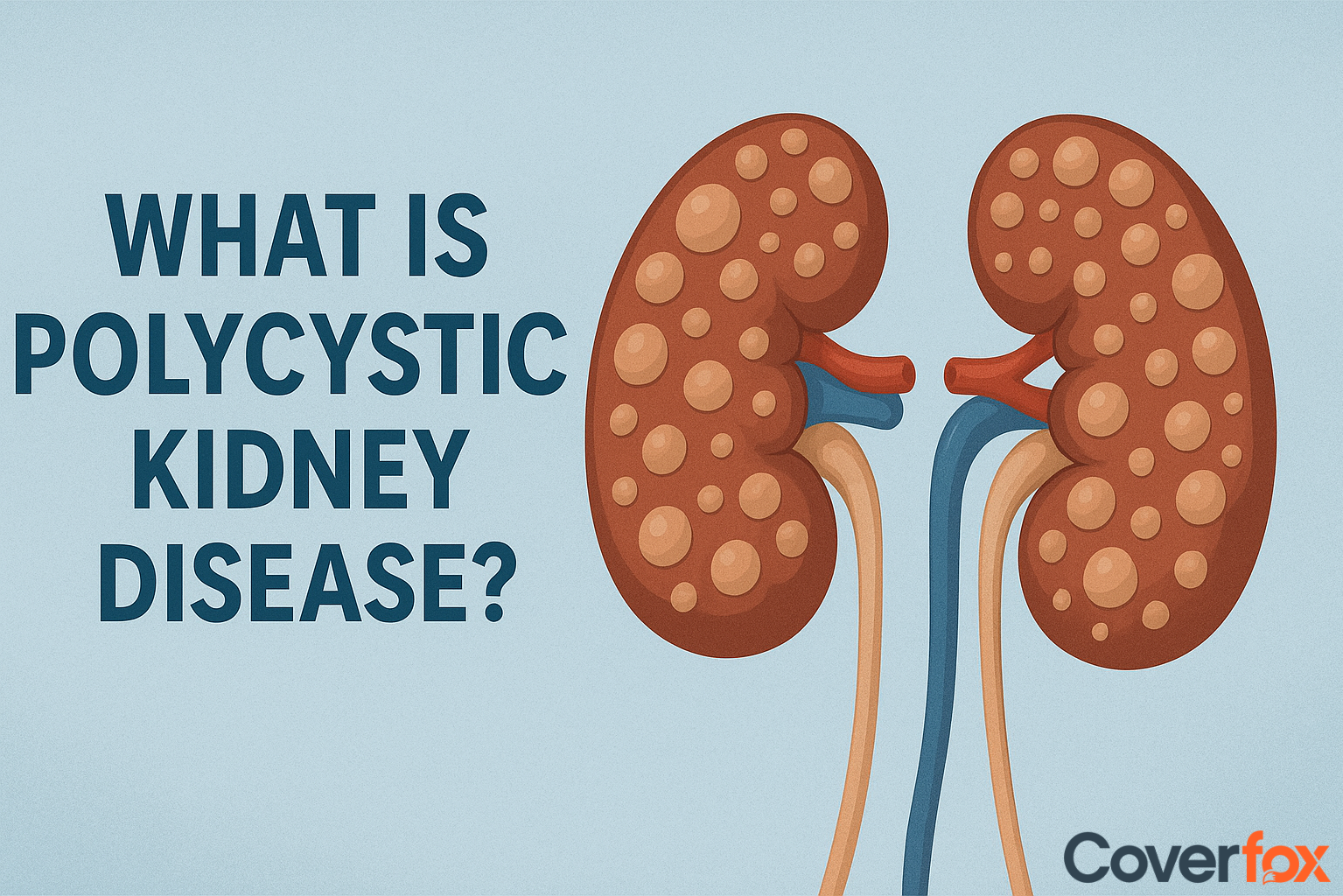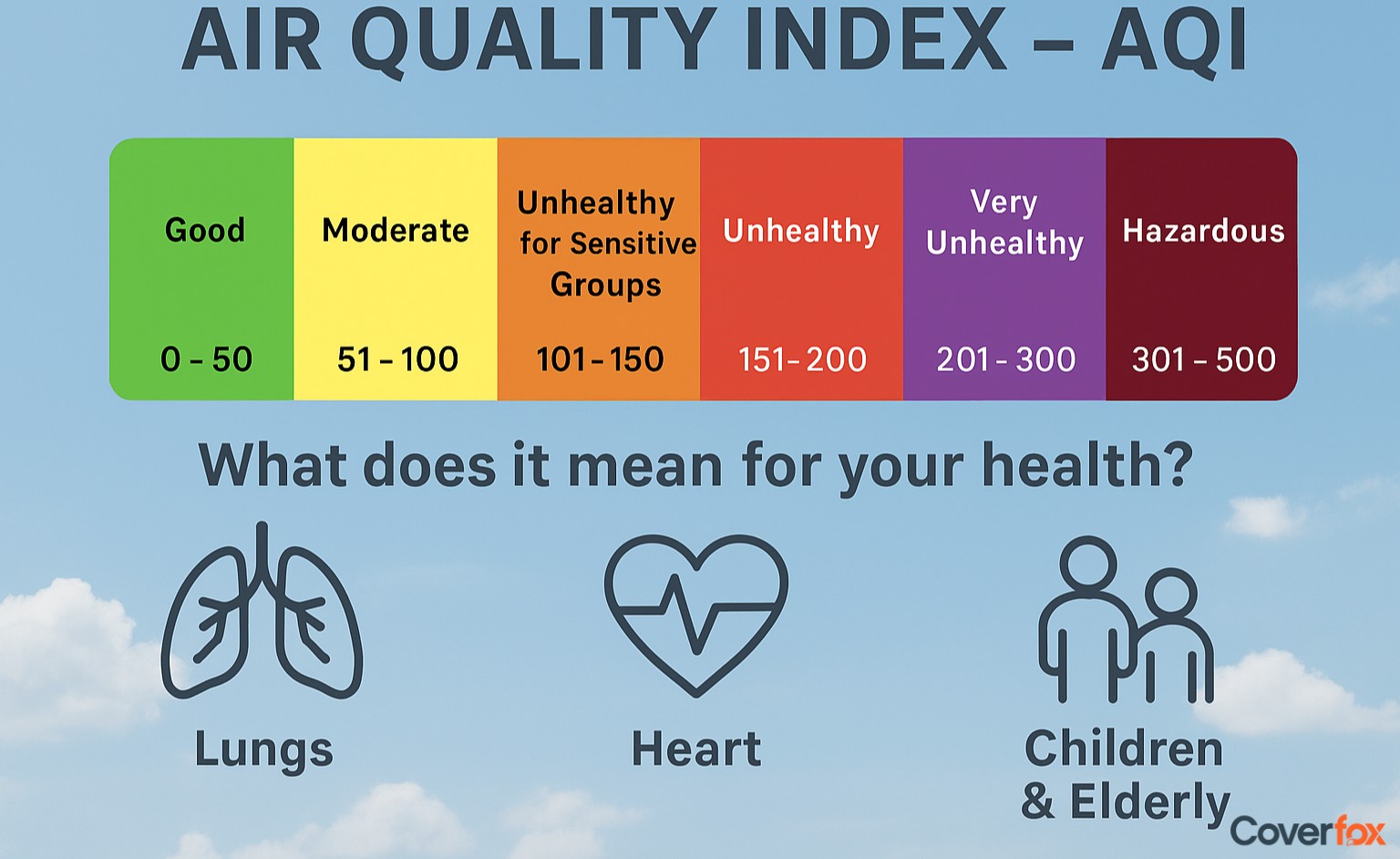In this comprehensive guide, we will explore the basics of hernias, including what causes them, how they are treated, and the role of health insurance in covering hernia surgery.

What is a Hernia?
A hernia typically manifests as a visible bulge or lump and can be painless or cause discomfort, especially when coughing, bending over, or lifting heavy objects. It's important to understand that hernias don't get better on their own and can lead to serious complications if left untreated.
Types of Hernias
Depending on where they develop, hernias can be of different types:
- Inguinal Hernias: The most common type, occurring in the groin area.
- Femoral Hernias: Less common and seen mostly in women, these occur when fatty tissue or part of the bowel protrudes into the groin at the top of the inner thigh.
- Umbilical Hernias: These occur when fatty tissue or part of the bowel pushes through near the belly button.
- Incisional Hernias: These can occur after abdominal surgery, where the intestine pushes through the abdominal wall at the site of the previous surgical incision.
Causes and Risk Factors
A combination of muscle strain and weakness can result in hernias. The muscle weakness may be present at birth or develop later in life.
Factors that can increase the strain and potentially cause a hernia include:
- Hefty lifting without using the abdominal muscles to stabilize
- Diarrhea or constipation
- Persistent coughing or sneezing
- Pregnancy, which puts pressure on the abdomen
- Obesity
- Smoking, which can weaken connective tissue
What is Hernia Surgery?
When a hernia causes discomfort, pain, or grows larger, surgery is often recommended to prevent further complications. The two main types of hernia surgeries are:
Open Surgery
In open hernia repair, the surgeon makes an incision near the hernia, pushes the protruding tissue back into place, and then sews the weakened area shut. Sometimes, the surgeon will reinforce the area with synthetic mesh for additional support.
Laparoscopic Surgery
Laparoscopic surgery is a minimally invasive procedure where the surgeon makes several small incisions and inserts a tiny camera and surgical tools. The surgeon repairs the hernia from inside the abdomen, often using mesh. Both methods have their advantages and the choice depends on the specific situation and the surgeon's expertise.
Recovery from Hernia Surgery
Depending on the kind of surgery done and the patient's general condition, recovery times can change. Patients can usually go home the same day or the day after the surgery. Full recovery may take a few weeks and patients are often advised to avoid strenuous activities during this period to prevent recurrence of the hernia.
Does Health Insurance Cover Hernia Surgery?
Health insurance coverage for hernia surgery can vary depending on the policy. Most health insurance plans do cover hernia surgery as it is considered a medically necessary procedure, especially if the hernia is painful or growing. However, there may be certain conditions or clauses within an insurance policy that can affect coverage.
Understanding Your Health Insurance Policy
It's crucial for policyholders to understand their health insurance plans. Here are a few aspects to consider:
- Deductible: The amount you need to pay out-of-pocket before your insurance starts paying.
- Copayment and Coinsurance: Your share of the costs of a covered healthcare service.
- Exclusions: Specific conditions or treatments that are not covered by your insurance policy.
- Waiting Period: Some insurance policies have a waiting period for certain conditions, meaning there's a specific time you must wait before you're eligible for coverage.
Conclusion
A hernia is a common condition that can cause significant discomfort and lead to more serious health issues if left untreated. Hernia surgery is a reliable treatment option that can alleviate symptoms and improve quality of life. Understanding your health insurance coverage for hernia surgery is vital to prepare financially for the procedure. By being well-informed about hernias, their treatment options, and insurance considerations, you can take proactive steps to manage your health and ensure the best possible outcome.
Also Read: Understanding Gangerene: Cause, Symptoms and Treatment





